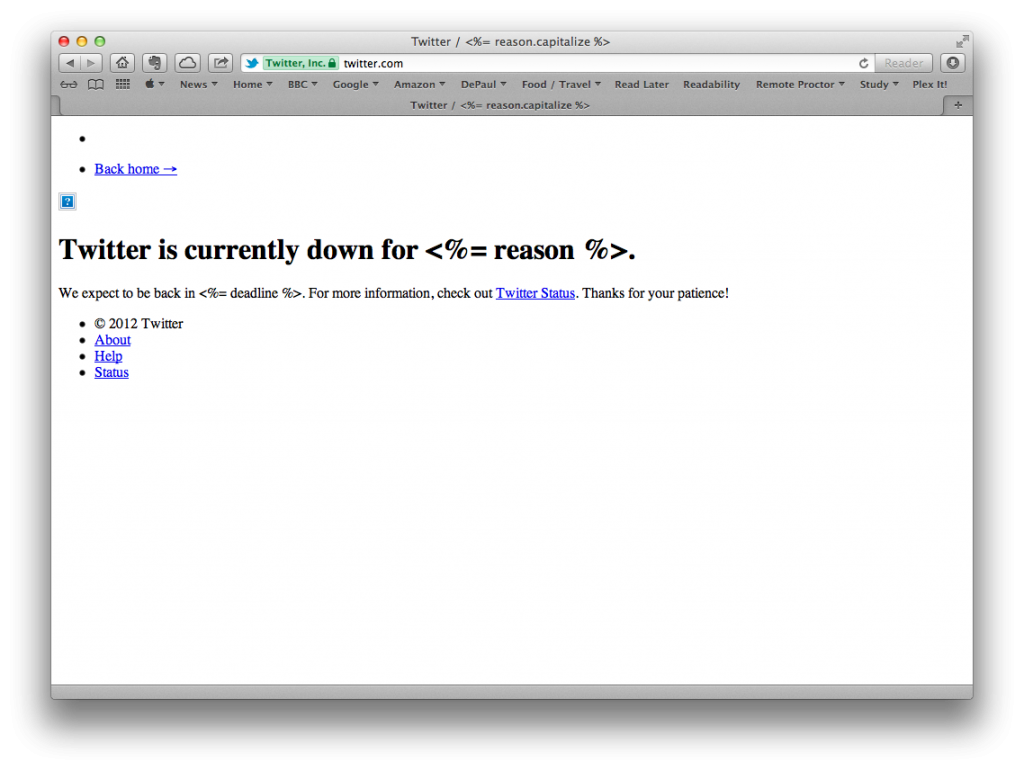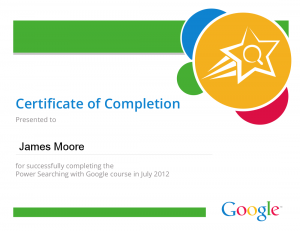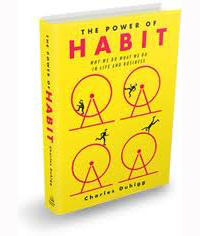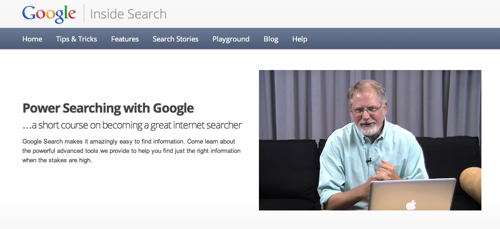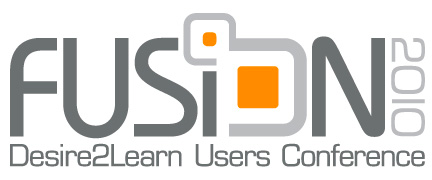
Monday through Wednesday was happily spent at the Desire2Learn (D2L) Fusion Conference. Work will be migrating from Blackboard to this (to my mind) superior Learning Management System. The change cannot happen too quickly for me.
Like all conferences, Fusion2010 was a mix of fascinating presentations and less-than-stellar presentations. Like most conference attendees I was in a constant state of partial attention – checking and tapping away on my mobile telephone. And here (according to one of the presenters) I age myself, because I use the term “mobile telephone.” To the younger generation all ‘phones are mobile. No distinction is necessary.
The ‘phone was essential – a device to record notes from the good presentations, and portal to escape through during the deathly dull presentations (though keeping one ear open for the occasional pearl of wisdom). Here are my assembled notes from the conference.
Monday
The D2L conference distinguishes itself from more prosaic conferences by being more playful and mentally stimulating. For example, each table at breakfast and lunch had 3-D architectural puzzles (Empire State Building, Taj Mahal, etc.) for participants to complete. Little touches like this made a noticeable difference.
The topic of the opening keynote by Stuart Brown (Play) resonated with me, but the meandering delivery and lack of engagement with the audience turned me off. Somewhere beneath the keynote was something valuable to share, but the keynote wasn’t working for me. Perhaps I should just read the book.
The organizers had asked for me to relate some of my D2L experiences on camera. I have no idea whether this will see the light of day….
Tuesday
The University of Wisconsin Colleges Online provided a well-prepared session on multiple-choice quizzes (“Advanced Use of the Feedback Feature in Multiple-Choice Quizzes”). The level of the session was lower than I had expected, but the presenters did well in creating useful handouts and an example account for participants to experiment with. I share their feedback suggestions here:
- Write multiple-choice questions that have four (or more) viable alternatives for the answers.
- Try to avoid the use of “all of the above” or “none of the above.” These alternatives prevent you from using the option to scramble the answers on the quizzes/exams.
- If you want to use all the alternatives, you can spell them out that in a way that includes the appropriate language.
- For the correct alternative you do not need to provide any feedback at all. You can use the “Question Feedback” instead, which will be visible to all students, regardless of whether their response was correct or incorrect.
- For the incorrect alternatives you should focus on explaining why the answer is inappropriate.
- Do not include page numbers, page references, or chapter references in the general question feedback. This level of detailed information is tough to “repair” later.
- You might want to tie questions into learning outcomes. This is your choice, but it will make a revision harder later.
Julie Evans, Chief Executive at Project Tomorrow, was our lunchtime keynote speaker. I found her findings to be both interesting and helpful – paralleling some of my observations at work.
Beth Rubin presented the research that four of us at DePaul had collaborated on with “Effect of Using Desire2Learn on Student and Faculty Outcomes” – we both enjoyed the chance to interact with attendees at this session and at the poster session earlier in the day.
One of the most helpful sessions of the day was “Tips and Tricks for Administrators,” which provided me with a deeper understanding of D2L.
Wednesday
D2L had provided all attendees and presenters with access to the D2L LMS, with the intention to share, collaborate and discuss. Whilst this is a great idea, the concept did not really seem to work – a few days later there seemed to be little interaction on the site, and less handouts/documentation from presenters than I had hoped for.
Lunch was particularly entertaining. The keynote speaker (Joel Cohen, writer and co-executive producer on The Simpsons) had the audience in his hand with “The Business Tao of Homer: Lessons in Creativity and Innovation From The Simpsons.”
Anyroad, I enjoyed my first Fusion conference and look forward to more.
